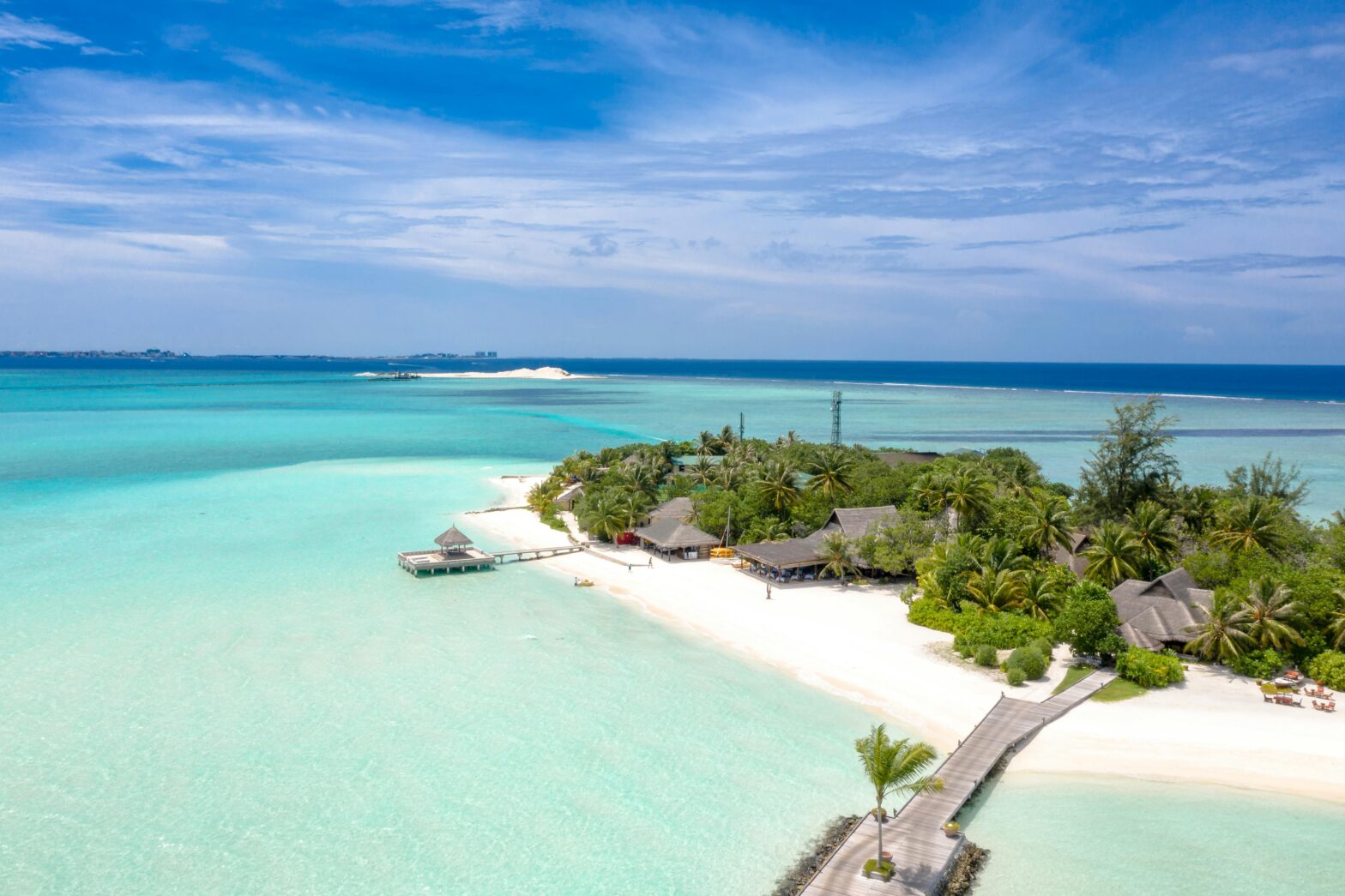Picture the Caribbean. Pristine beaches, warm turquoise waters, calm tropical nights, and the ultimate in relaxed lifestyles. It’s an alluring mix of opportunities and cultures. Tourists visit the Caribbean year round to enjoy all of these, but it’s worth remembering there are distinct seasons, and some times of year are “better” than others.
What’s the best time of year to go to the Caribbean?
But “best” for what? The “traditional” time of year to visit the Caribbean has long been during the European winter, and typically between Christmas and Easter. Certainly in terms of weather that’s good. It’s a balmier temperature than in the high summer, and it’s also the period after the previous hurricane season, so the likelihood of rain and storms is low.
However, these favourable conditions mean hotel accommodation is in demand, and prices are high. Other times of the year are also popular. The weather can still be good outside the December-April period, and the tourist industry – and flights to sustain it – continues year round. Many people enjoy excellent holidays outside the most “fashionable” months. In the wet season (June to November) there’s less pressure on accommodation and prices are generally lower. For many, the trade-off is worthwhile, particularly when choosing destinations within the Caribbean that are less prone to severe weather.
Another factor at play is the UK holiday season. For holidays abroad, many people, especially families with school-age children, are limited to a six week window in the summer, typically between late July and early September. Is that a good time to visit the Caribbean? This article explores the pros and cons.
Consider the Caribbean weather
The Atlantic hurricane season (In the Caribbean, also called the wet season) officially runs from June 1 to November 30, peaking in September. Hurricanes can bring heavy rain, strong winds, and huge waves and tidal surges. Disruption to travel plans is not uncommon. However, not all regions are equally affected.
Southern Caribbean islands like Aruba, Bonaire, and Curaçao are located outside the primary hurricane belt and experience fewer storms. These islands are often considered safer options for travel during this time, offering a compromise for those drawn to the Caribbean but wary of extreme weather risks.
So, for those considering an August or September holiday, the region’s allure must be weighed against practical considerations such as weather conditions and travel costs. August and September do fall within the Atlantic hurricane season, so it pays to understand the options.
Why Visit the Caribbean in August or September?
Despite being in the midst of the hurricane season, August and September can still be a good time to explore the Caribbean, especially for budget-conscious travellers. Resorts and airlines often offer significant discounts during this period, with savings on accommodations and flights. The low season also means fewer tourists, potentially allowing for a more tranquil experience.
For those willing to take precautions, the rewards are enticing. The Caribbean’s charms — its sun-drenched beaches, lush landscapes, and welcoming cultures — remain intact, even during this less predictable time of year.
Regional Variations and Travel Planning
Weather patterns vary significantly across the Caribbean. While northern and eastern islands such as Puerto Rico, the Bahamas, and the Dominican Republic are more vulnerable to hurricanes, southern destinations like Trinidad and Tobago are less so. Choosing the right location based on previous and expected weather patterns can significantly reduce the likelihood of encountering severe storms.
Additionally, planning flexible itineraries can provide more options. Choose accommodation and airlines with favourable cancellation and rescheduling policies. Purchasing comprehensive travel insurance to cover potential disruptions or unexpected emergencies.
Safety Precautions for Travellers
If you do decide to go to the Caribbean between June and November, there are several tips that will help cover most eventualities if the weather catches you out. Here is some of the key advice:
Choose Resilient Accommodation: Stay in hotels or resorts built to withstand hurricanes and ensure they have clear evacuation plans – check on this before you book.
Pack a Small Emergency Kit: Include essentials like a flashlight, portable charger, medications, and non-perishable snacks. Plus have some local cash travel money, pre-purchased in the UK, as electronic payment systems may not function during or immediately after a storm.
Keep up to date with local conditions: Monitor the weather and subscribe to the Foreign, Commonwealth & Development Office travel advice updates for relevant alerts.
Stay Flexible: Allow extra time for travel disruptions and have backup plans for activities.
Is an August/September holiday the right choice?
The decision rests on individual priorities. For those seeking the lowest prices and fewer crowds, the risks of the hurricane season can be mitigated with careful planning. If you’re prioritising perfect weather and peace of mind, you may prefer the more predictable conditions of the dry season. By understanding the risks and taking sensible precautions, you can enjoy the region’s beauty while minimising disruptions. And if you’re drawn by the promise of savings or the appeal of quieter beaches, the Caribbean’s magic awaits — just be sure to pack a few extras alongside your sunhat.
By Declan Morton, writer and editor at Essiell Ltd and Money4Travel.
More about the author.



